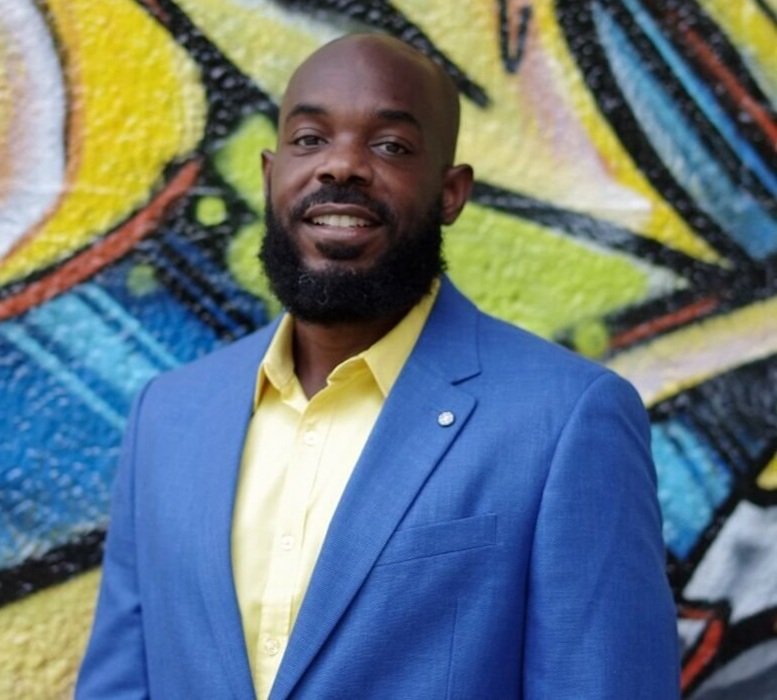Viewpoints: Leadership Declaration to Serve
Credibility is important as are our prior experiences with people when it comes to believing bold declarations.
Think for a long moment if you will about how you would respond to a new leader, who you don’t know, communicating “I can’t wait to be of service to everyone in this room.”
To no surprise, a lot depends of the person you ask and whom answers.
Recently someone of authority and power communicated that intent and promise. How smart and impressive — or not — is it?
Alex Adekola
“This statement conveys a genuine spirit of service which can resonate well when backed by authentic actions,” says Alex Adekola, founder and CEO at Remove My Mugshot. “Language like this, however, risks coming across as overly servile or disingenuous if not supported by real listener-focused behavior. Audiences can sense when high-minded rhetoric doesn’t match how someone actually operates.”
He offers a suggestion to consider.
“I advise leaders to focus less on impressing audiences with lofty promises of service and more on sharing how they currently and concretely add value.
“For example, tell a story of how you helped an individual employee grow rather than making broad pledges. Grounded specifics and observable behavior consistent with servant leadership tend to be more convincing than future assurances.”
Tim Toterhi
“Maybe I’m a jaded Gen-Xer,” says Tim Toterhi, chief human resources officer and executive coach at Plotline Leadership, “but this wreaks of insincerity. If a leader said this during a meeting or worse, an all-staff session, I’d be hard-pressed to stop my eyes from rolling right out of my head.
“Even if the individual was being earnest, the words are useless. People don’t care about your plans. They are moved by your actions. Do enough of the right ones and you’ll earn their trust. Offer a Pollyanna promise wrapped in a humble brag and you’ll only alienate your audience.”
Catherine Rymsha
“My first thought: Run,” says Catherine Rymsha, Ed.D., a visiting lecturer of management at the University of Massachusetts Lowell and author of “The Leadership Decison.”
“I've seen too many leaders say this based on servant leadership and it feels dated and unrealistic,” she adds.
It’s not all negative. It’s just that it likely can’t be accomplished and there is a more effective approach.
“It has great intent, yet leaders can’t be everything to everyone, so taking a more practical approach and considering the wants and needs of today's multi-generational workforce is more fitting,” Rymsha states.
Erika Migliaccio
“This statement leaves me confused, as it stimulates two conflicting thoughts,” says Erika Migliaccio, founder of Upstream HR Strategies, an HR consulting firm for igniting engaging leadership, inspired teams and vibrant workplaces.
“One, is this person a golden retriever service dog?” she rhetorically asks. “I am a believer in the power of servant leadership but in this context, it seems overdone.
“Two — wow — is this person is so confident that they know things I don’t. There seems to be an underlying assumption that this person can help anyone and everyone with what they are about to say or offer.”
Migliaccio asserts she has a better idea. She details how she would consult and coach for communications.
“If I were coaching a leader, I would recommend something like: ‘I hope that I am able to offer each and every one of you at least one meaningful moment of inspiration or support during our time together,’” Migliaccio says. “I think that this choice of words communicates a better balance of servant leadership, authority and even humility.
Giovanni Bordone
“It is absolutely a great statement. Only true and secure leaders would make statements like this, ’” counters Giovanni Bordone, a course leader of MA marketing and a senior lecturer at London Metropolitan University.
“‘Serve to Lead’ serves as the guiding principle for Sandhurst, the Royal Military Academy in the United Kingdom. This motto highlights the importance of selfless service and a dedication to fostering the well-being and success of those under one’s leadership. Leaders are expected to prioritize serving their teams and communities.
“This means placing others needs before their own, showing empathy and actively contributing to collective achievements. Leadership is not solely about wielding authority; it focuses on guiding and inspiring others towards shared objectives. It involves making decisions with integrity, competence and a strong sense of responsibility.”
Brian Townsend
“Leaders who prioritize the needs and growth of their team members tend to foster a collaborative and psychologically safe environment,” declares Brian Townsend, founder and principal at Eagle 6 Training, which provides speaking, training, and consulting services to both businesses and law enforcement entities. “Quite simply, people feel safe and work harder when their boss genuinely cares.”
The evidence and proof must be there of course.
“To have any legitimate meaning, it must be supported by actions that align with the words. I can say anything, it is what I do that matters,” Townsend says. “When my team members know I am authentic, it builds trust and stronger relationships. If the words are perceived as insincere, it further erodes trust and will be met with rolling eyes.”
“When leaders prioritize serving everyone, it can lead to burnout and inefficiency. Leaders have limited resources and trying to serve everyone often results in neglecting their own well-being,” says Jennifer Nash, Ph.D. and a leadership and communications leader at Jennifer Nash Coaching and Consulting and author of “Be Human, Lead Human: How to Connect People and Performance.”
“Leaders must consider the unintended impacts of being of service to all. This can lead to a culture of dependence, which hinders team members’ growth and development. Further, in trying to serve everyone else, they forget they need to lead themselves first, which frequently results in poor decision-making, lack of visioning and losing sight of their own goals and values.
“Serving others is an important aspect of leadership but it should not be the sole focus.”







